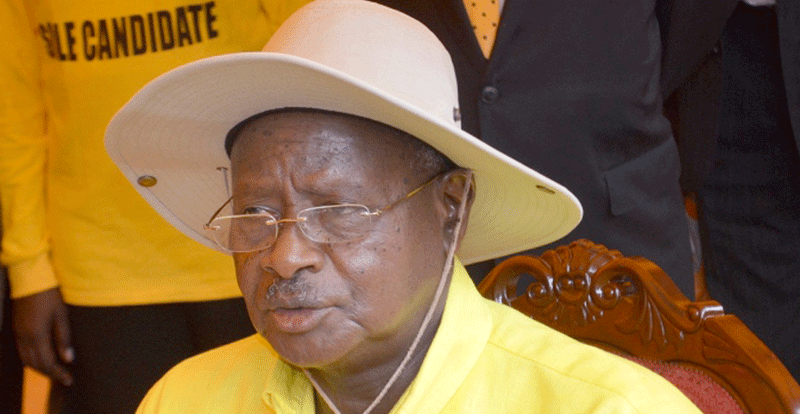
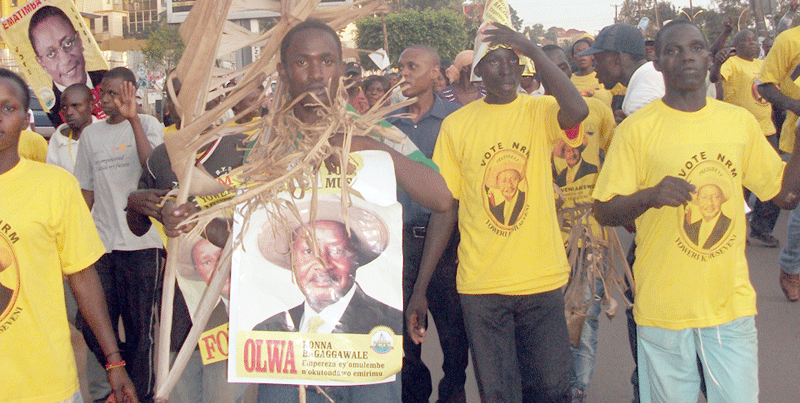
NRM party under the leadership of President Museveni has been the most corrupt, according to FDC’s Kizza Besigye
The ruling NRM party has once again come under criticism for trying to stifle critical and independent media, especially as the country prepares to go for general elections on February 18, 2016.
The complaint comes after the ruling party filed a complaint with the statutory Media Council against the Daily Monitor newspaper for publishing a story in which the FDC candidate in the ongoing presidential campaigns Dr. Kizza Besigye attacked the NRM government as the most corrupt since independence in 1962.
On February 9, 2016, the Director NRM Legal department, James Mukasa Sebugenyi, petitioned the Media Council over the Daily Monitor story published on February 5, 2016, under the tittle: ‘NRM most corrupt government -Besigye,’ in which Besigye was quoted alleging that “since independence, there is no government that has been as corrupt as this…”
The ruling party labelled Monitor’s reporting as “false, reckless and exaggerated” and asked the Media council to control the newspaper.
But the Human Rights Network of Journalists – Uganda (HRNJ) has dismissed NRM’s complaint as an attempt to stifle and control critical and independent media.
“The ruling party should desist from targeting critical and independent reporting of the political campaigns in the run up to the general elections” says HRNJ-Uganda National Coordinator, Robert Ssempala.
Ssempala adds that NRM’s complaint has no merit and substance and is solely intended to stifle, intimidate and silence the Daily Monitor newspaper and other media houses from fulfilling their obligation of delivering information without fear or favor in the public domain.
“It is aimed at instilling fear and self-censorship among journalists and media houses engaged in critical and independent reporting of divergent views during this campaign period,” says Ssempala.
HRNJ further argues that the role of the Daily Monitor in particular and the media in general, in a pluralistic society, ‘is not only to report what is favorable to the ruling party or any other political organization but also to disseminate information which may even be disturbing and annoying to certain sections of the society. Thats what is meant by freedom of expression and free flow of information and ideas in a free and democratic society.’
HRNJ-Uganda has appealed to the ruling party and all other political players to exercise their self democratic credentials by embracing divergent views and not resort to tactics of intimidation.
NRM’s complaint should not be taken lightly, especially following a comments from officials of the Uganda Communications Commission (UCC) who reminded Media executives this week that they will not hesitate to close those outlets that fail to observe the law. UCC hosts the Media Council.
HRNJ noted however that: “They should rather resort to explaining situations by offering in detail what they deem to be the rightful information. The NRM should seek for space in the Daily Monitor and use it to give plausible responses to the said allegations rather than stifling the free flow of information to the public.”
It is not the first time the ruling party has taken its anger the Daily Monitor and its sister media outlets.
In 2013, the government closed down the Daily Monitor, its sister radio stations KFM and Dembe FM and the Red Pepper over a controversial letter authored by the former Coordinator of Intelligence services, Gen. David Sejusa, alleging a scheme to assassinate government officials opposed to the president’s son from succeeding him as president.
Earlier this year, the NRM party banned Daily Monitor’s sister television, NTV Uganda from covering its flag bearer, President Yoweri Museveni’s campaign rallies on allegations of declining to use campaign footage captured by other sources other than the television journalists attached to covering Museveni’s campaign trail.
HRNJ-Uganda has documented over 40 election related abuses and violations committed against various media houses and independent journalists since the political campaigns begun late last year.
“The media plays a very crucial role in entrenching a systematic and progressing democratic society, and therefore the need to ensure its conducive working environment, most importantly as they cover this political campaign,” says Ssempala.


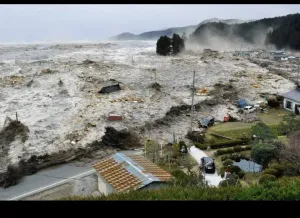

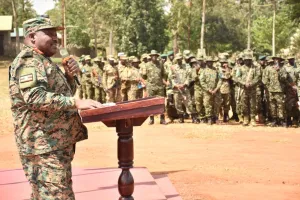
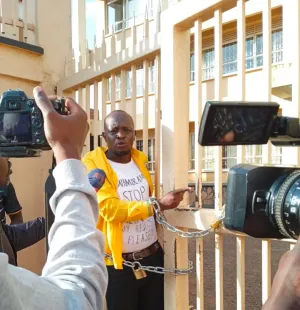





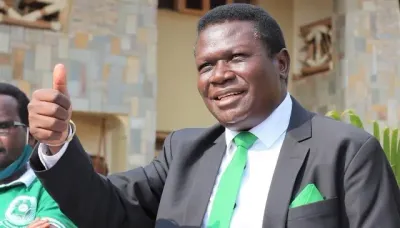
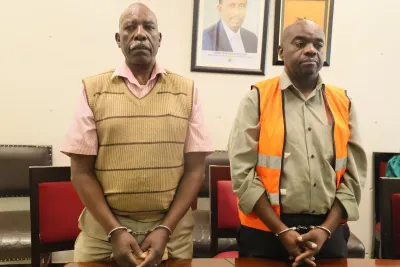
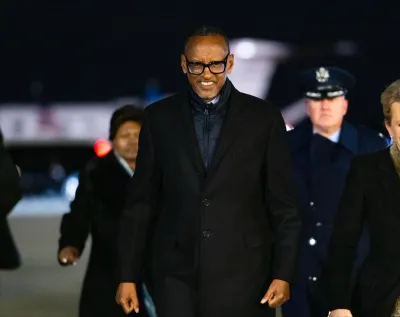
Henry Lutaaya
Leave a Comment
Your email address will not be published.